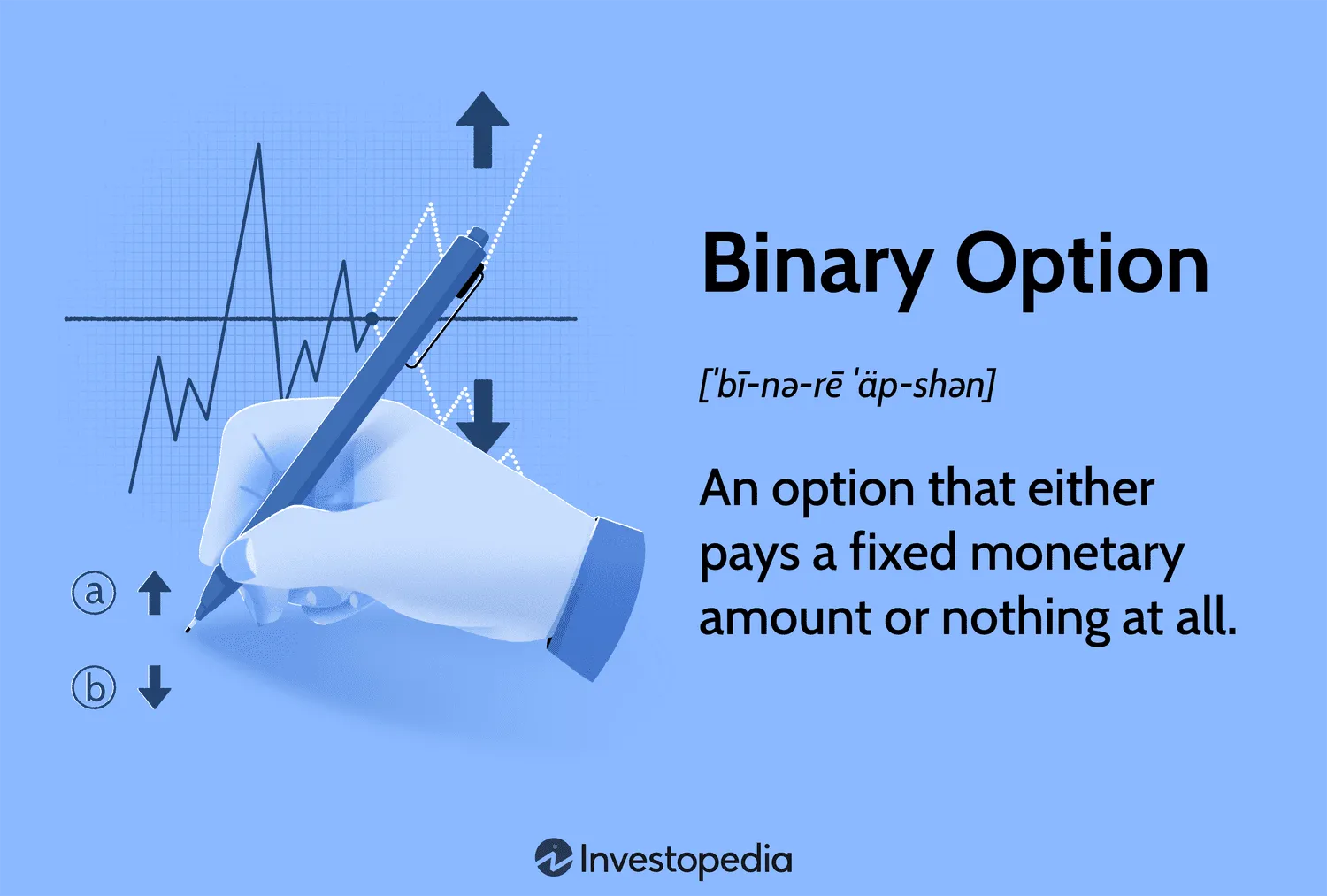Forex trading can be extremely rewarding, but it’s also full of pitfalls, especially for beginners. Many traders jump into the market without proper preparation, often repeating the same mistakes that cost them time, money, and confidence. In this guide, we’ll explore common mistakes in Forex trading and provide actionable tips to avoid them.
1. Lack of Proper Education
One of the biggest mistakes traders make is entering the Forex market without adequate knowledge. Forex trading involves currency pairs, technical analysis, market trends, and risk management. Without understanding these fundamentals, traders often make impulsive decisions.
Tip: Invest time in learning the basics of Forex trading through courses, webinars, and practice accounts. Knowledge is your first line of defense.
2. Overleveraging Positions
Leverage can magnify profits, but it can also magnify losses. Many beginners overuse leverage, risking more than they can afford. This is one of the most common mistakes in Forex trading that leads to rapid account depletion.
Tip: Use leverage cautiously. Stick to a level you are comfortable with and never risk more than 1–2% of your account on a single trade.

3. Ignoring Risk Management
Ignoring proper risk management is a fatal mistake. Without stop-loss orders or a risk/reward plan, traders can lose a substantial part of their capital in a single trade.
Tip: Always set stop-loss and take-profit levels. Use position sizing strategies to minimize potential losses.
4. Emotional Trading
Trading based on emotions such as fear, greed, or revenge often leads to poor decisions. Emotional trading is one of the key reasons why many traders fail.
Tip: Stick to your trading plan and remain disciplined. Treat Forex trading like a business, not gambling.
5. Chasing Losses
After a loss, some traders attempt to “win it back” by placing larger trades. This impulsive behavior can lead to a snowball effect, wiping out accounts quickly.

Tip: Accept losses as part of trading. Review your strategy and trade calmly rather than chasing losses.
6. Neglecting Market Analysis
Skipping technical or fundamental analysis is a common mistake. Without research, traders are essentially guessing, which drastically reduces success rates.
Tip: Analyze charts, indicators, and economic news before making any trade. Knowledge of market conditions is crucial for informed decisions.
7. Overtrading
Overtrading occurs when traders enter too many positions in a short time. This not only increases transaction costs but also reduces focus and increases stress.
Tip: Focus Common mistakes in forex trading on quality trades rather than quantity. Develop a trading plan and stick to it.
8. Unrealistic Expectations
Expecting to get rich overnight is a major mistake. Forex trading requires patience, discipline, and continuous learning. Unrealistic expectations often lead to disappointment and poor decision-making.
Tip: Set realistic goals. Aim for consistent small profits and long-term growth instead of quick wins.

9. Ignoring Trading Journals
Many traders ignore keeping records of their trades. A trading journal helps identify patterns, mistakes, and areas of improvement.
Tip: Maintain a trading journal documenting entry and exit points, reasons for trades, and outcomes. This will help refine your strategy over time.
10. Following Others Blindly
Relying solely on others’ advice or trading signals without understanding the strategy is dangerous. Each trader’s risk tolerance and style differ, making blind following risky.
Tip: Develop your own strategy. Use others’ advice as guidance, not a strict rule.
Power Tip: Discipline is Key
While avoiding the above mistakes is critical, the most powerful factor in Forex success is discipline. Even experienced traders can fail without self-control, risk management, and adherence to strategy.

Conclusion
Avoiding these Common mistakes in forex trading can significantly improve your chances of success. Start with proper education, manage risk, remain disciplined, and trade with realistic expectations. Remember, Forex trading is a journey, and learning from mistakes is part of that journey.
By following these tips, you can reduce losses, increase profitability, and develop a consistent, long-term trading strategy.





